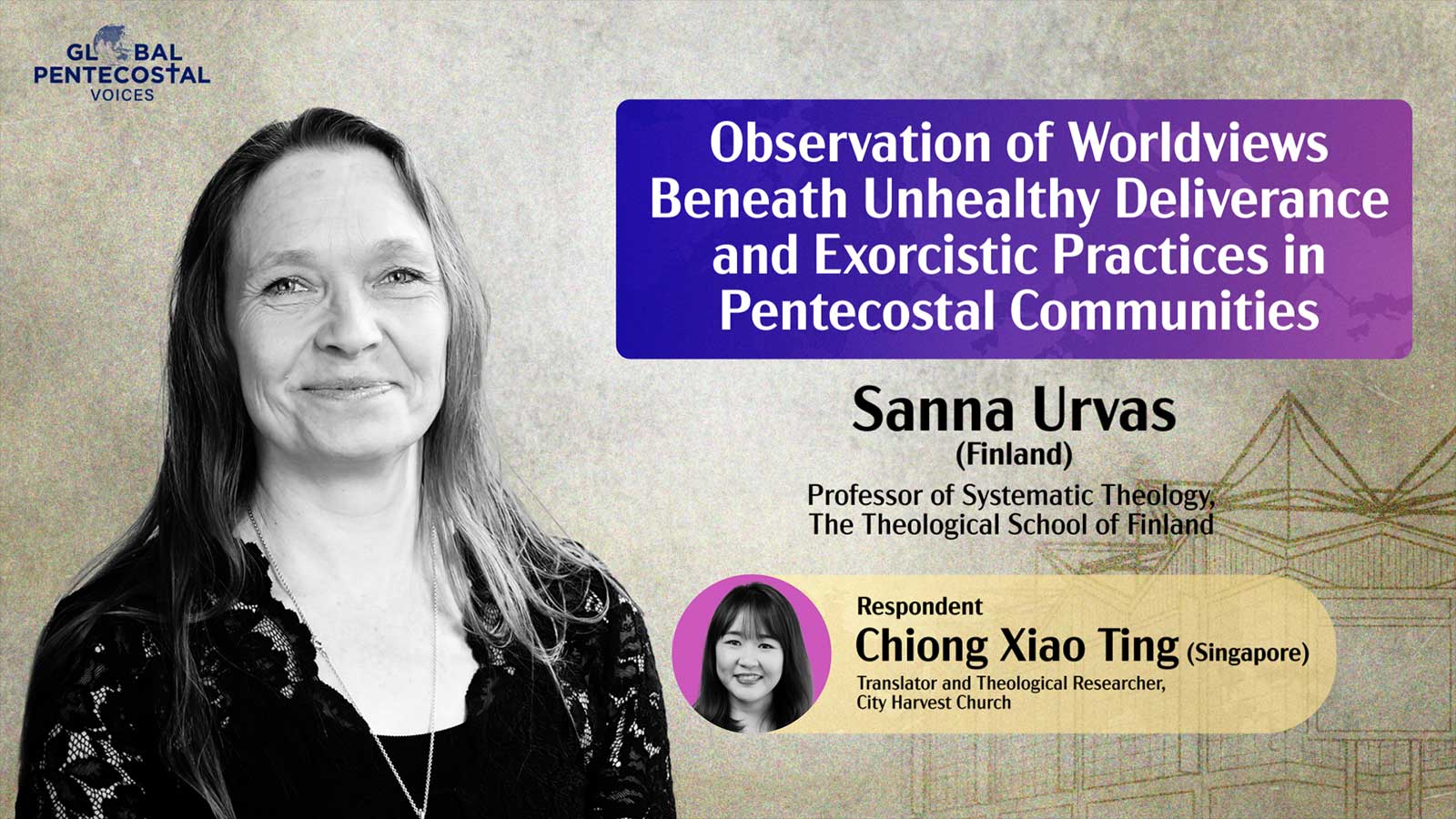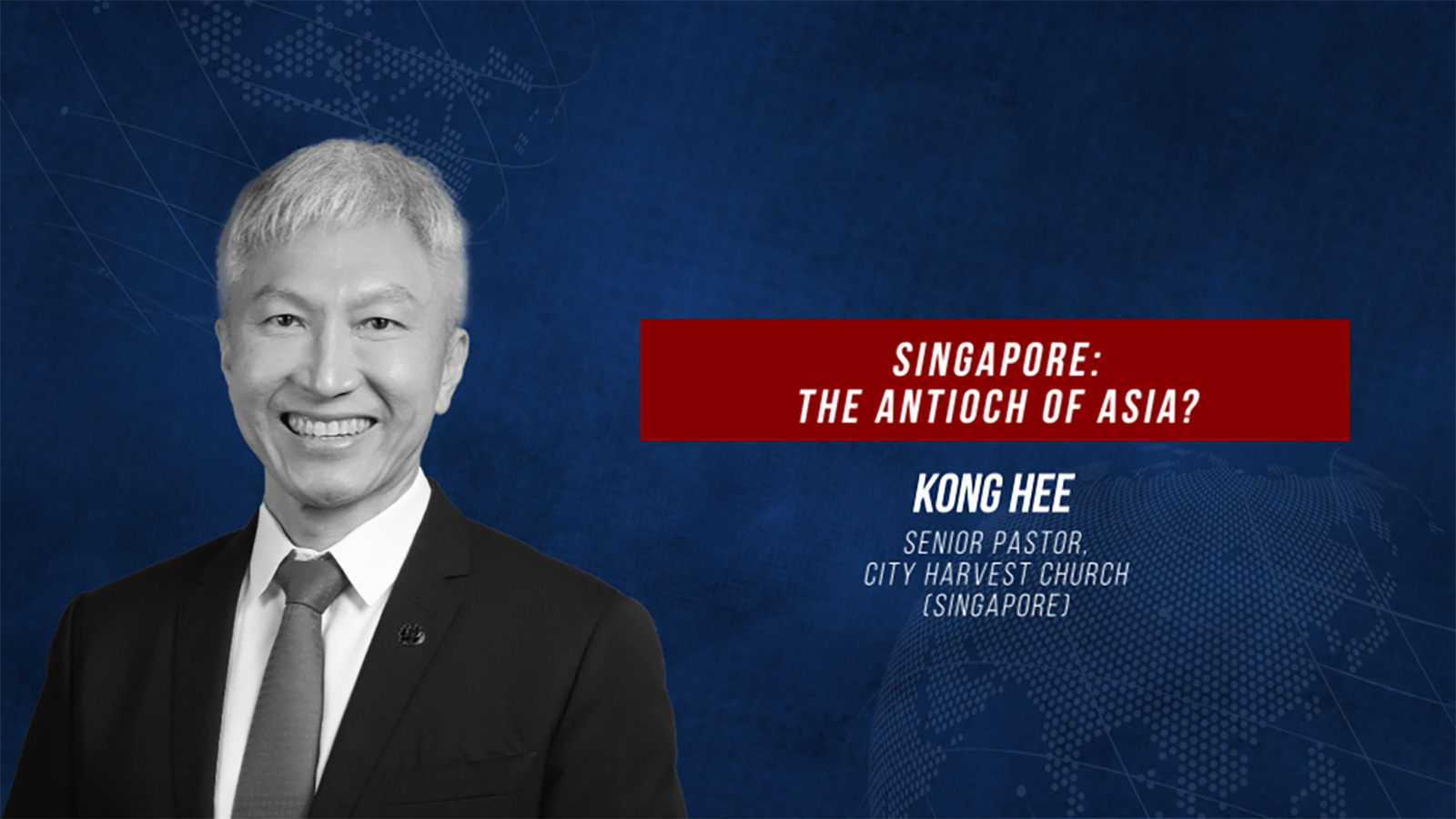Translator and Theological Researcher,
City Harvest Church

Chiong Xiao Ting holds a BA (Hons) in Chinese from Nanyang Technological University and a Master of Arts in Theology from Vanguard University.
Xiao Ting serves as a translator and theological researcher at City Harvest Church where she has been part of the team since 2009. She specialises in translating theological materials and training resources into the Chinese language. She frequently interprets for local and foreign speakers at CHC and overseas conferences. She is also currently managing CHC’s multi-faceted interpretation ministry.
With a passion for bridging linguistic and cultural gaps, Xiao Ting has travelled extensively across Malaysia, Taiwan, Hong Kong, and China, preaching and ministering both in person and online. She also conducts annual Chinese Bible study classes for over 200 students and oversees academic operations for CHC’s School of Theology.


Singapore is emerging as what might be termed “the Antioch of Pentecostalism” in the East. Its geographical advantage, stability and multiculturalism is establishing it as a Pentecostal epicentre. Its thriving Pentecostal community, comprising churches and educational institutions, is a launching pad for Pentecostal missions to neighbouring regions. However, several challenges loom. Singapore’s laws to maintain social harmony necessitates the rethinking of Pentecostal worship and evangelism. Pentecostalism faces resistance and competition from established Asian religious traditions, necessitating interfaith dialogue and cooperation. Maintaining the movement’s authenticity is challenging in the cosmopolitan and commercialised city-state, with its global connectivity and openness to all ideas.